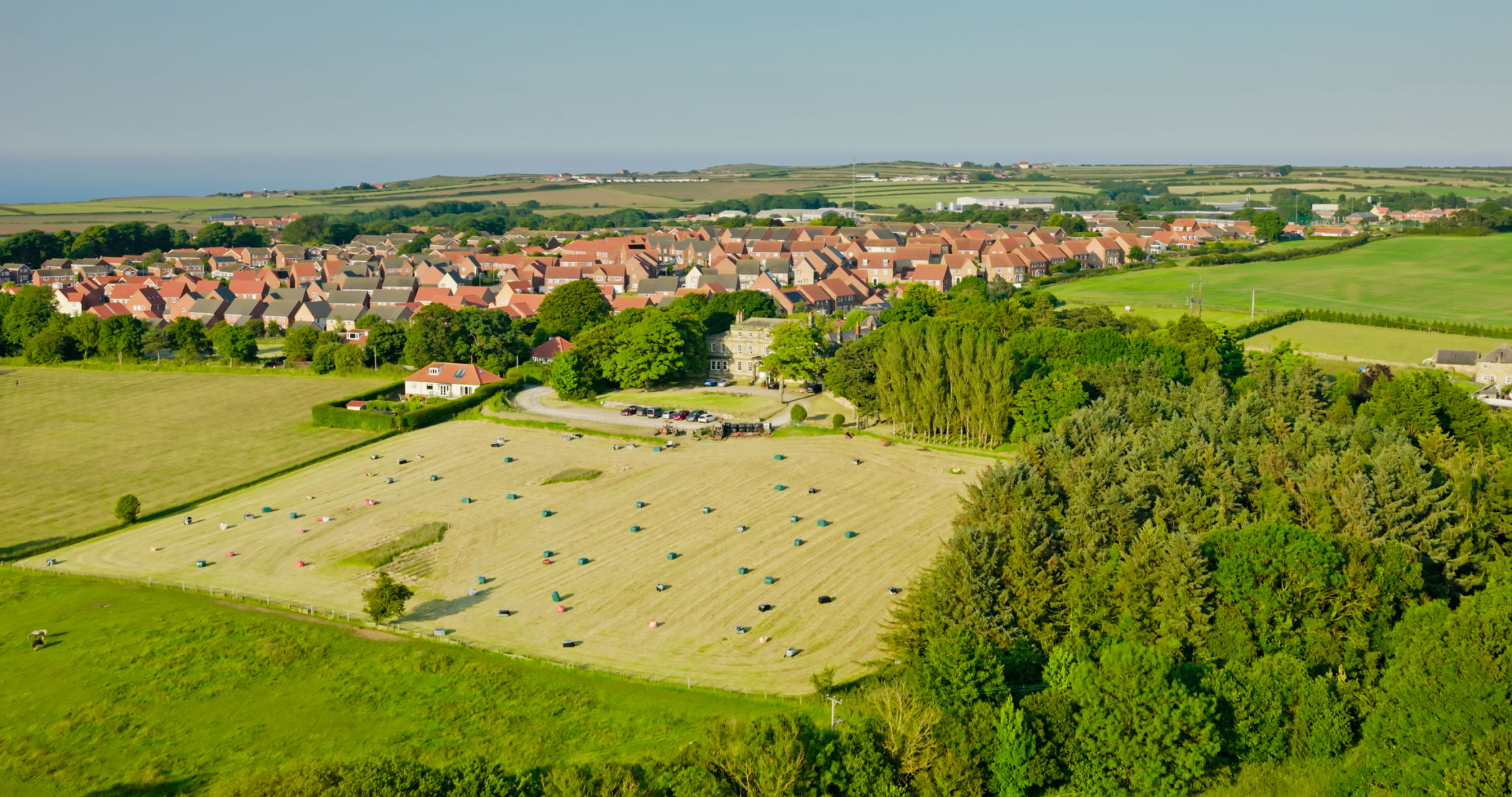Case Study: Successful Sustainable Farm Developments in Ocala
Introduction to Sustainable Farming in Ocala
Sustainable farming is more than just a trend; it's a necessary shift towards preserving our environment and ensuring food security for future generations. Ocala, a city known for its lush landscapes and equestrian heritage, has become a hub for innovative sustainable farming practices. This case study explores successful sustainable farm developments in Ocala, shedding light on the techniques and strategies that have made them thrive.

Key Practices in Sustainable Farming
Ocala's sustainable farms employ a variety of practices that prioritize environmental health, economic profitability, and social equity. These include:
- Crop Rotation: Rotating crops helps maintain soil fertility and reduces pest and disease outbreaks.
- Agroforestry: Integrating trees and shrubs into the farming system enhances biodiversity and improves soil structure.
- Organic Farming: Avoiding synthetic fertilizers and pesticides promotes a healthier ecosystem.
Innovative Techniques Driving Success
The farms in Ocala are pioneers in implementing innovative techniques that enhance productivity while minimizing environmental impact. A standout method is the use of smart technology, such as drones and sensors, to monitor crop health and optimize water usage. This tech-savvy approach not only conserves resources but also boosts yields.

Community Involvement and Education
A crucial factor in the success of these farms is community involvement. Many farms have developed educational programs to engage the public and raise awareness about the importance of sustainable agriculture. Workshops, farm tours, and volunteer opportunities allow locals to gain hands-on experience and insight into sustainable practices.
The community's active participation has fostered a culture of sustainability, encouraging more local farmers to adopt eco-friendly methods. This collective effort has made Ocala a model city for sustainable farming.

Economic Benefits of Sustainable Farming
Sustainable farming not only benefits the environment but also offers significant economic advantages. By reducing dependency on costly chemical inputs and enhancing soil health, farms can achieve long-term savings and increased profitability. Moreover, the demand for organic and sustainably produced food continues to rise, opening up new market opportunities for Ocala's farmers.
Challenges and Solutions
Despite the many benefits, sustainable farming in Ocala faces challenges such as initial setup costs and the need for continuous education. However, local government initiatives and grants have provided much-needed support to overcome these hurdles. Additionally, farmer cooperatives have been instrumental in sharing resources and knowledge, ensuring that best practices are disseminated effectively.
The Future of Sustainable Farming in Ocala
The future looks promising for sustainable farming in Ocala as more farmers embrace eco-friendly practices. The ongoing success of these developments serves as an inspiration for other regions looking to adopt similar approaches. As technology continues to advance, new innovations will further enhance the efficiency and sustainability of agricultural practices.

Conclusion
Ocala's journey towards sustainable farming is a testament to how communities can come together to create positive environmental change. By prioritizing sustainability, these farms are not only safeguarding the planet but also securing their economic future. As they continue to grow and innovate, they pave the way for a greener, more sustainable world.